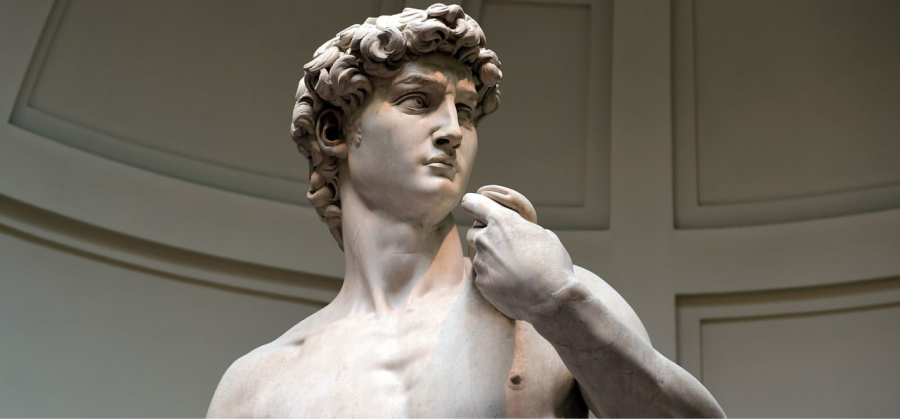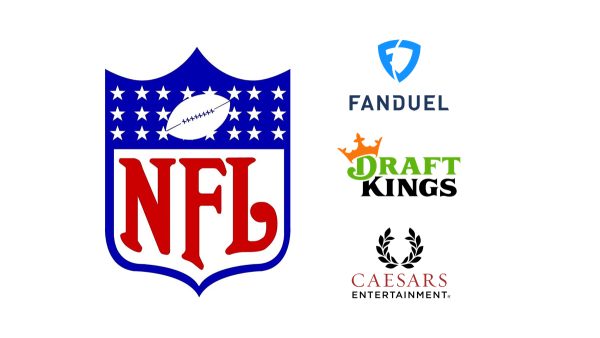MichelangelNO: The Censorship of Education in Florida
Roberto Serra/Iguana Press/Getty Images
David by Michelangelo
In late March, a Florida school made national headlines after their principal was asked to resign after showing Michelangelo’s David without collecting permission forms from the students’ parents.
The statue was shown to sixth-grade students during a class on Renaissance art, according to the BBC. A different reporter from the same source stated that one of the parents was upset that they had not been asked if their child was allowed to view the image ahead of time because it was “pornographic.”
This resulted in outrage amongst Italy’s art professionals. “A distinction must be made between nudity and pornography. There is nothing pornographic or aggressive about the David, he is a young boy, a shepherd, who even according to the Bible did not have ostentatious clothes but wanted to defend his people with what he had,” said Cecile Hollberg, the director of Galleria dell’Accademia where David is now located.
The Tallahassee Classical School, where the conflict took place, has promoted a different view of the reaction. “We aren’t trying to ban [the statue of David],” said School Board Chair Barney Bishop III, according to an article by CNN. “We think it’s beautiful, but we are going to make sure the concept of parental rights is supreme in Florida and at our charter school.”
This occurred in the midst of debates over Florida’s increasing promotion of the Republican party’s “protect the children” ideology, which, according to Axios, frequently goes against discussions on gender identity and racial issues in schools. While Michelangelo’s statue doesn’t directly have to do with either of these issues, the Florida school’s reaction is one that is rooted in the same vein of parents wanting control over the content of their children’s education.
The Parental Rights in Education Bill states in part that “The parent of each public school student has the right to receive effective communication from the school principal as to the manner in which instructional materials are used to implement the school’s curricular objectives.” This bill was passed by Republican Governor Ron DeSantis last year.
While it is understandable to want to have a say in what one’s child is learning at a certain time in their life, it’s possible that the Sunshine State is beginning to take this too far. When unrestricted, parental control over a child’s education can lead them into being pressured to follow their parents’ ideology at a young age because they don’t have access to other viewpoints. While they can access these views later in life, it becomes harder for them to form their own opinions after having one promoted above others for such a large portion of their lives. While the issue of the Michelangelo statue and the perception of nudity in today’s society is arguably not the most pressing and dangerous for a young child to be restricted about learning, it leads the way for other discussions on topics such as race, gender, and the LGBTQ+ community to be stifled in the same way by allowing parents increased control over what their children are learning. The restriction of these topics can be harmful in that the children will be hindered in forming understandings that are initially their own on these topics, which they are likely to encounter in their daily lives. In order to set the basis of becoming an informed and understanding citizen, it is imperative that the children learn about the different identities that form the American population.

Dakotah is a senior and a Journalism II student this year. She is very excited to be returning to The Paw for her first year as an Editor-in-Chief. Outside...












